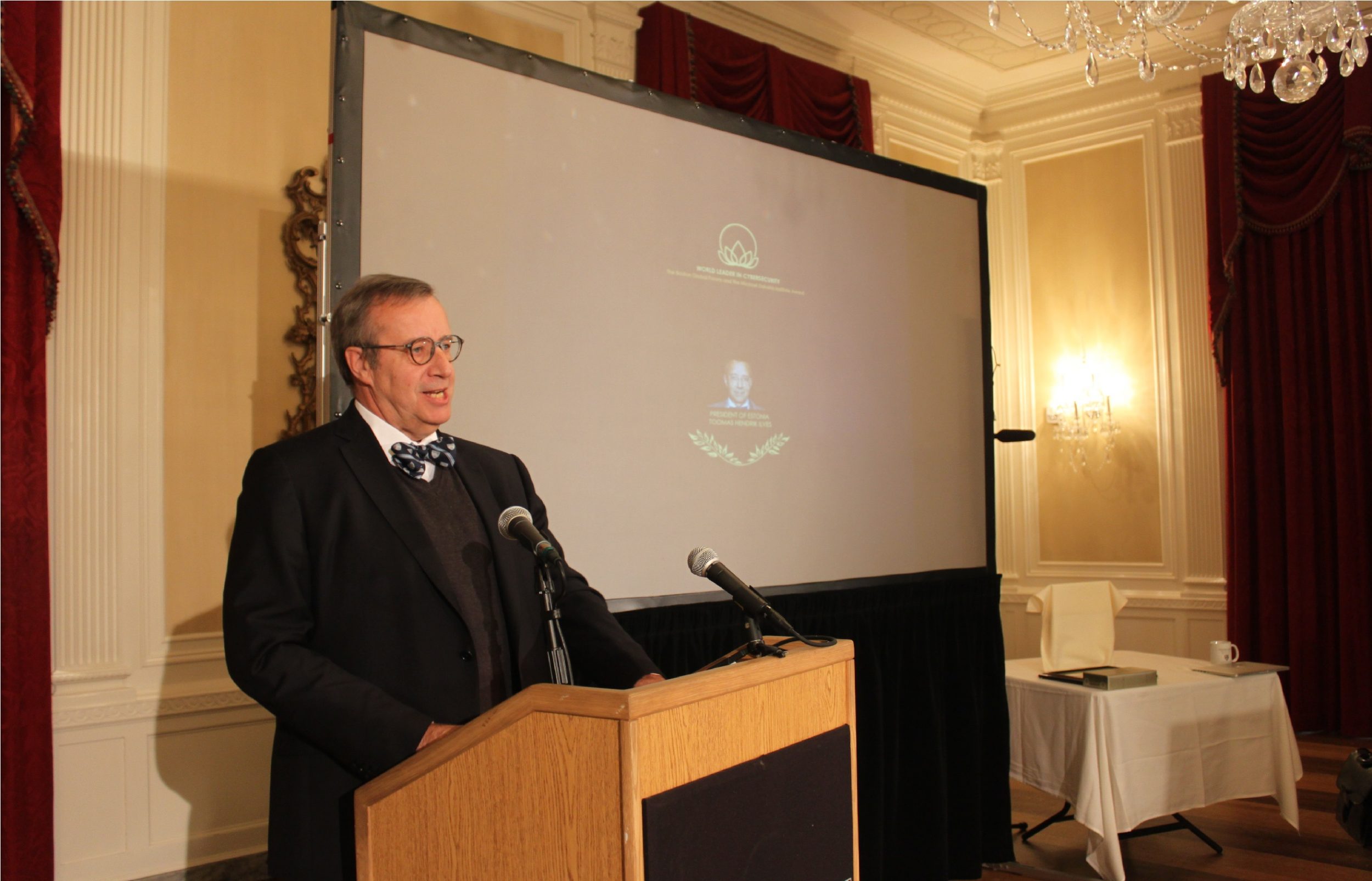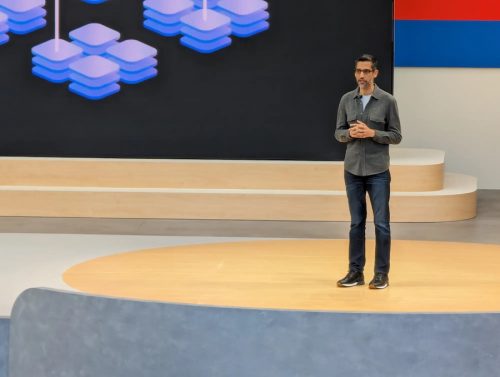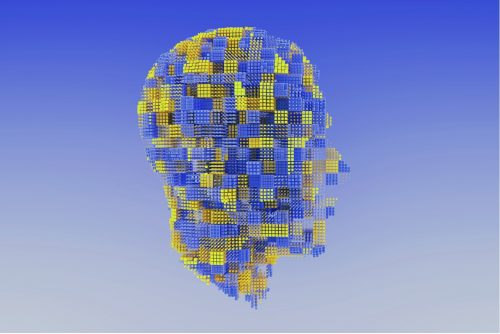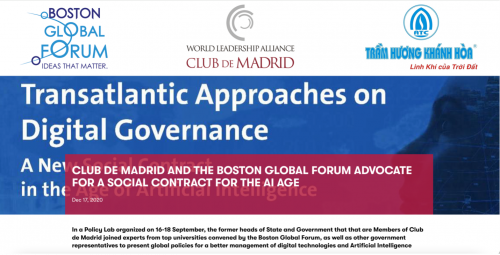In an
interview earlier this year with
Inside Cybersecurity, former Estonian President Toomas Hendrik Ilves called for NATO to lead global cooperation in cybersecurity. He believes it is important that the U.S. show global leadership and lead democracies on this front. “We need a broader tent of liberal democracies. The bad guys are attacking democracies,” he said. He also stressed the importance of not sacrificing democratic values when pursuing cybersecurity: “If they’re to going to hack the [DNC], we can’t respond by hacking the Russian elections, because that’s not really democracy.”
This is an idea he also brought up in a Washington Post op-ed last October. He urged a multifaceted approach to cybersecurity, saying it “must be international and must be broad-based, ranging from regulating social media to guarding our electrical grid and electoral systems.” Unless liberal democracies can unite and work together on the digitial front, he believes, they will remain vulnerable.
AIWS agrees strongly with President Ilves. The surest way to establish lasting norms in cybersecurity, A.I., and related areas is through collaboration between democracies. In December, President Ilves was awarded as a BGF World Leader in Cybersecurity for his leadership in digitizing Estonia. You can watch his acceptance speech below and read a transcript of it
here.











